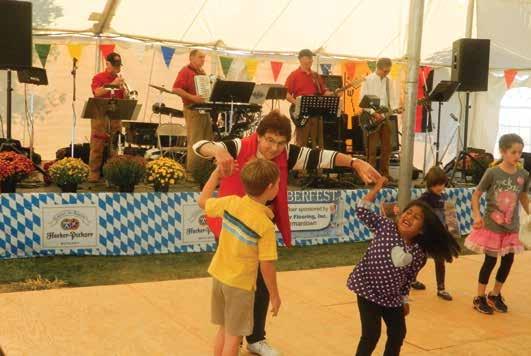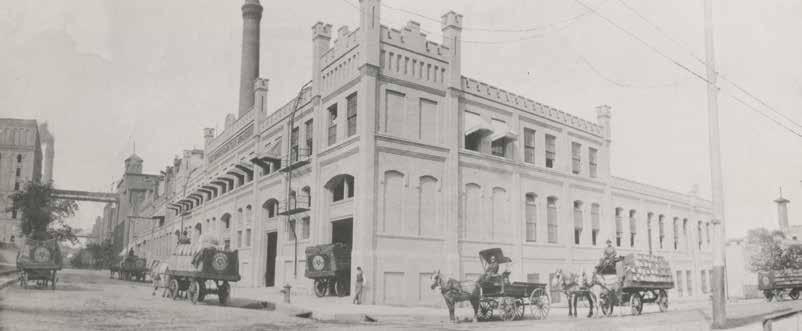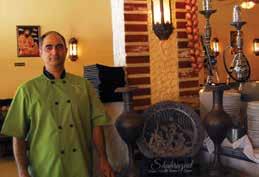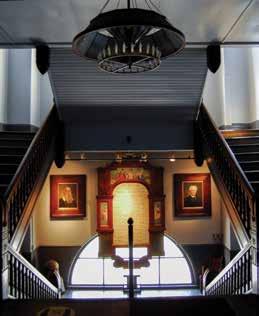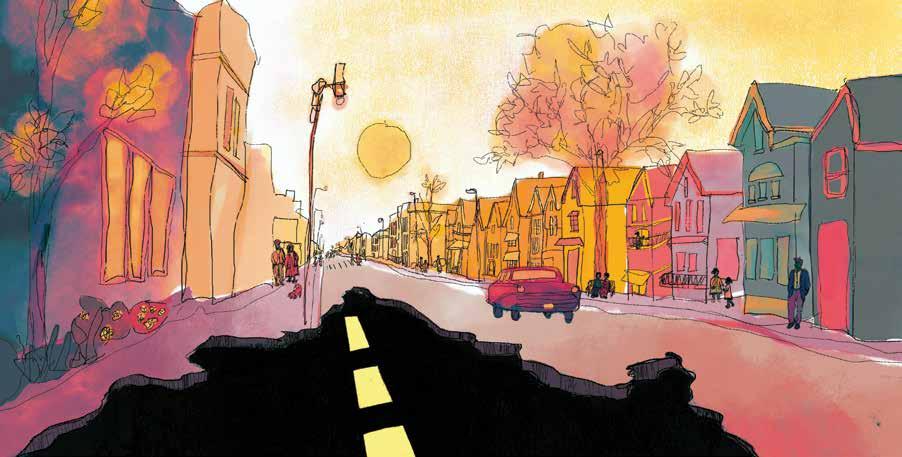MILWAUKEE TURNERS: WHERE CREAM CITY’S HISTORY MEETS THE FUTURE By David Luhrssen
F
ish fry and concerts. If you came of age in Milwaukee during the ’70s and ’80s, Turner Hall was a great place to eat on Friday nights. For children of the 21st century, Turner Hall Ballroom is a popular venue for music. Most Milwaukeeans who have frequented the venerable 1882 structure in the heart of Downtown have had only a vague idea— at best—that Turner Hall stands for more than fried fish and rock’n’roll.
The Turners supported trade union organizers and women’s voting rights. Milwaukee’s three Socialist mayors were members of the society. And yet, de Torre concedes, the Turners fell quiet for many years. “In my opinion, the Turners turned inward following the McCarthy-era.” He adds, “It’s time for the Milwaukee Turners to emerge from this chrysalis stage and use their location, history and influence to unify and strengthen Milwaukee.”
Enter Emilio de Torre. He started work this summer as executive director of the Milwaukee Turners with the goal of fully reconnecting the organization with its past, rooted in a 19th-century German reform movement, while moving it into the future.
Community Asset
“The Turners have a rich history,” says de Torre. He points to a monument in the hall’s second floor landing, inscribed with the names of Turners who lost their lives in the Civil War (“the war against the rebellion” reads the caption in German) flanked by allegorical paintings of ladies Liberty and Justice encouraging a stolid Turner in
the fight against the Confederacy. He also recounts that a contingent of Milwaukee Turners, known for their marksmanship, formed Abraham Lincoln’s bodyguard at his inauguration.
Chris Ahmuty, head of the Milwaukee Turners’ history committee, enjoys showing the artworks by early 20th-century Milwaukee painters adorning the ground floor tavern, now vacant but ready to resume business sometime next year. He points to a mural honoring the Turners’ German founder, known as Father Jahn, depicted as an Olympian decked in laurels and flanked by images representing the society’s mission to promote “a sound mind in a sound body”—a book and a lamp, barbells and fencing foils.
DE TORRE: “WE HAVE A LOT TO LEARN FROM OUR HISTORY—IT’S THE FOUNDATION FOR WHAT WE NEED TO DO TO MAKE MILWAUKEE BETTER.” Once, there were hundreds of Turner societies across the U.S., many of them founded, like the Milwaukee chapter, by German-speaking political refugees from a series of failed rebellions that shook Europe in 1848. Their number has been reduced to around two dozen, “but very




